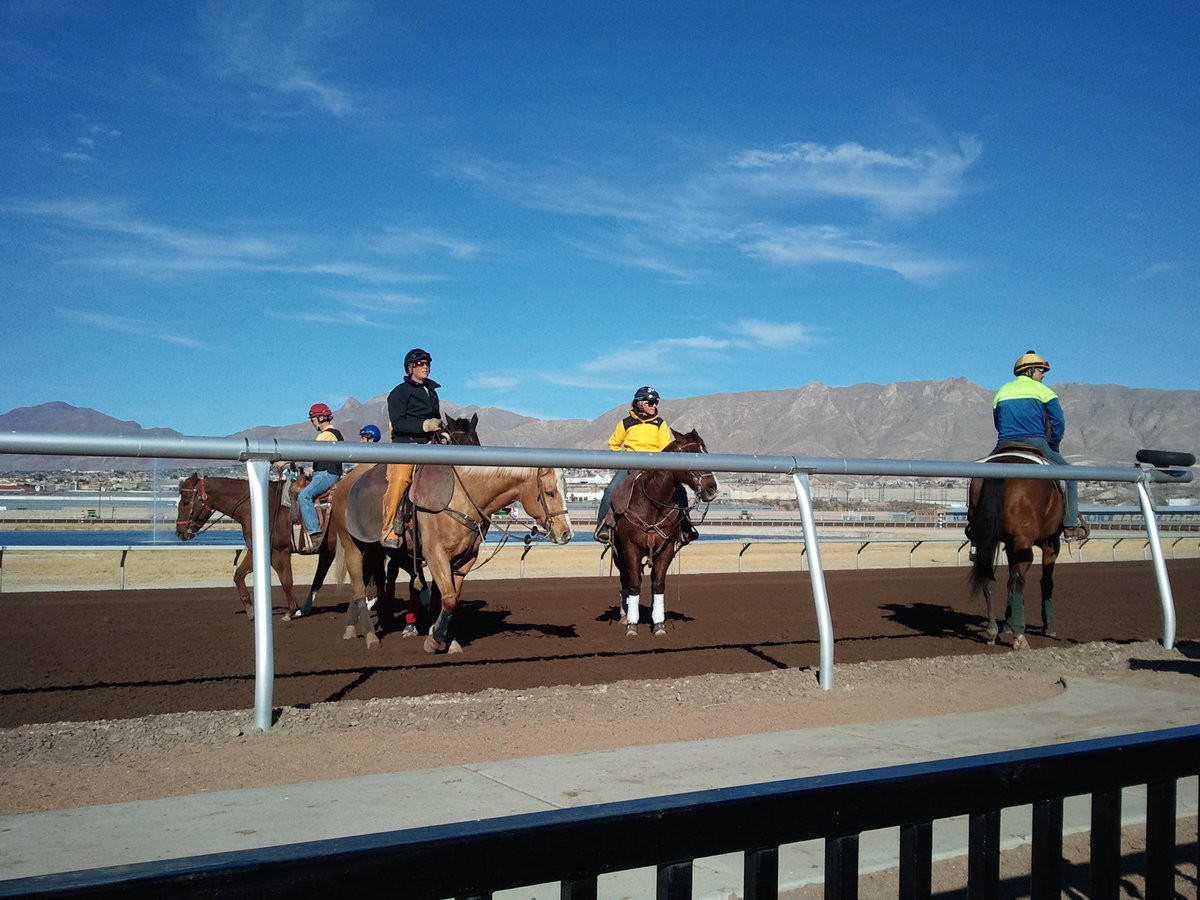The virus has affected horses in New Mexico, Texas, and Arizona - and even at Queen Elizabeth's chosen breeding center in the UK.

Equine Herpes 1 can lead to aborted fetuses, respiratory problems, and neurological issues. In extreme cases it can even lead to paralysis and death. The virus can be passed from infected horses to uninfected ones by nose-to-nose contact or through indirect contact via buckets, clothing, and blankets. The virus can also travel short distances through the air. Following infection, horses can become latent carriers.
Over the course of the last month, more than 70 horses tested positive for the virus in New Mexico and Texas, prompting quarantines at Sunland Park Racetrack and Casino in Sunland Park, New Mexico; a nearby training facility; the Frontera Training Center; and at Turf Paradise, in Phoenix, Arizona, where a horse from New Mexico that tested positive had been brought in. A dozen horses, including the one at the Arizona race track, have had to be euthanized, according to the Associated Press. Dr. Jenifer Nadeau, an associate professor and equine extension specialist at the department of animal science at the University of Connecticut, tells Modern Farmer not all horses that contract the virus have to be put down, usually only those with advanced neurological cases.
Across the pond in England, the famed Jockey Club’s National Stud, located in Newmarket, about 65 miles north of London, also went under quarantine late last month when a maiden filly from France being housed at the facility’s health isolation unit began showing symptoms and was found to have the virus. Brian O’Rourke, managing director of the stud told The Telegraph that because the virus is highly contagious, and because the unit was so close to the main training facility where there are 3,000 horses in training, they were being “ultra ultra cautious” and shutting down the stud. No new cases have been found so far as the month-long quarantine comes to an end. The royal family has been involved with the Royal Stud since its founding in the sixteenth century, and Queen Elizabeth, a horse racing and breeding enthusiast, sends mares there for breeding.
While there is a vaccine for the virus, its use is controversial, according to Nadeau – it may reduce the severity and duration of the disease, but it can’t completely prevent it. In the case at the National Stud, the infected horse had been vaccinated.
The quarantine has been lifted at the Arizona track and Sunland Park hopes to resume racing in the coming week. Both racetracks have plans in place to prevent further outbreaks through testing and containment.